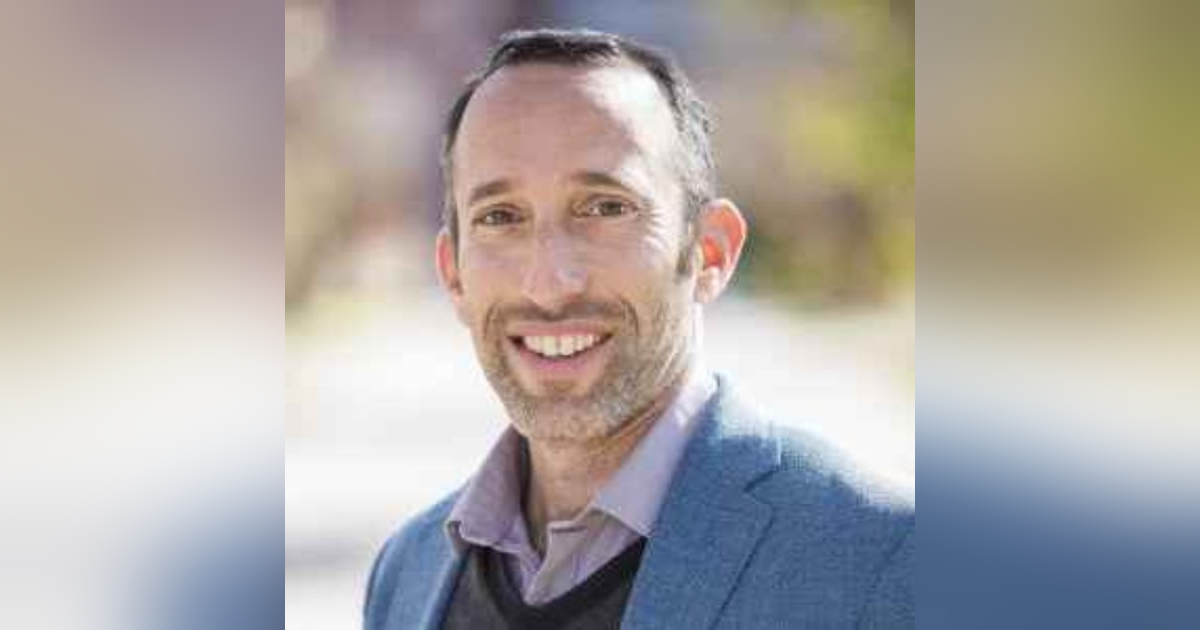618: Dr. Michael Gurven, part 1: Our ancestors evolved to live to 72 years*, and did (not 30).

*"The average modal age of adult death for hunter-gatherers is 72 with a range of 68–78 years. This range appears to be the closest functional equivalent of an 'adaptive' human life span."
Would you be surprised that humans evolved to live to 72 years old? Wait, isn't one of the greatest results of our technology and progress to advance human lifespan from 30 years old?
How long do humans live naturally? Of course, the question and its answers is complicated, but I found Michael through a paper he co-wrote with Hillard Kaplan: Longevity Among Hunter-Gatherers: A Cross-Cultural Examination, that researched the question through populations all over the world. Read the paper for their full research, but the quote at the top suggesting 72 years resulted from extensive research and analysis.
Michael lived among many cultures that live more traditionally than anyone you've probably met. Not France or Japan, but the Tsimane, Ache, and Mosetene, and researched a world of others. In this conversation he shares how a guy from Philadelphia ended up there, as well as running a lab at UC Santa Barbara. Then we talk about how much we don't know about how our distant ancestors used to live but also how much we do know.
I don't think I downplay the richness and complexity of this subject to ask why we so commonly believe all our ancestors used to live to around 30 but we lived much longer, at least if we lived past childhood.
How did 30 become old age? What does progress mean if the system and culture that restored our lifespan lowered it in the first place? What if that system and culture is now lowering our lifespans? It forces me to reevaluate the values my culture promotes.
Hosted on Acast. See acast.com/privacy for more information.







